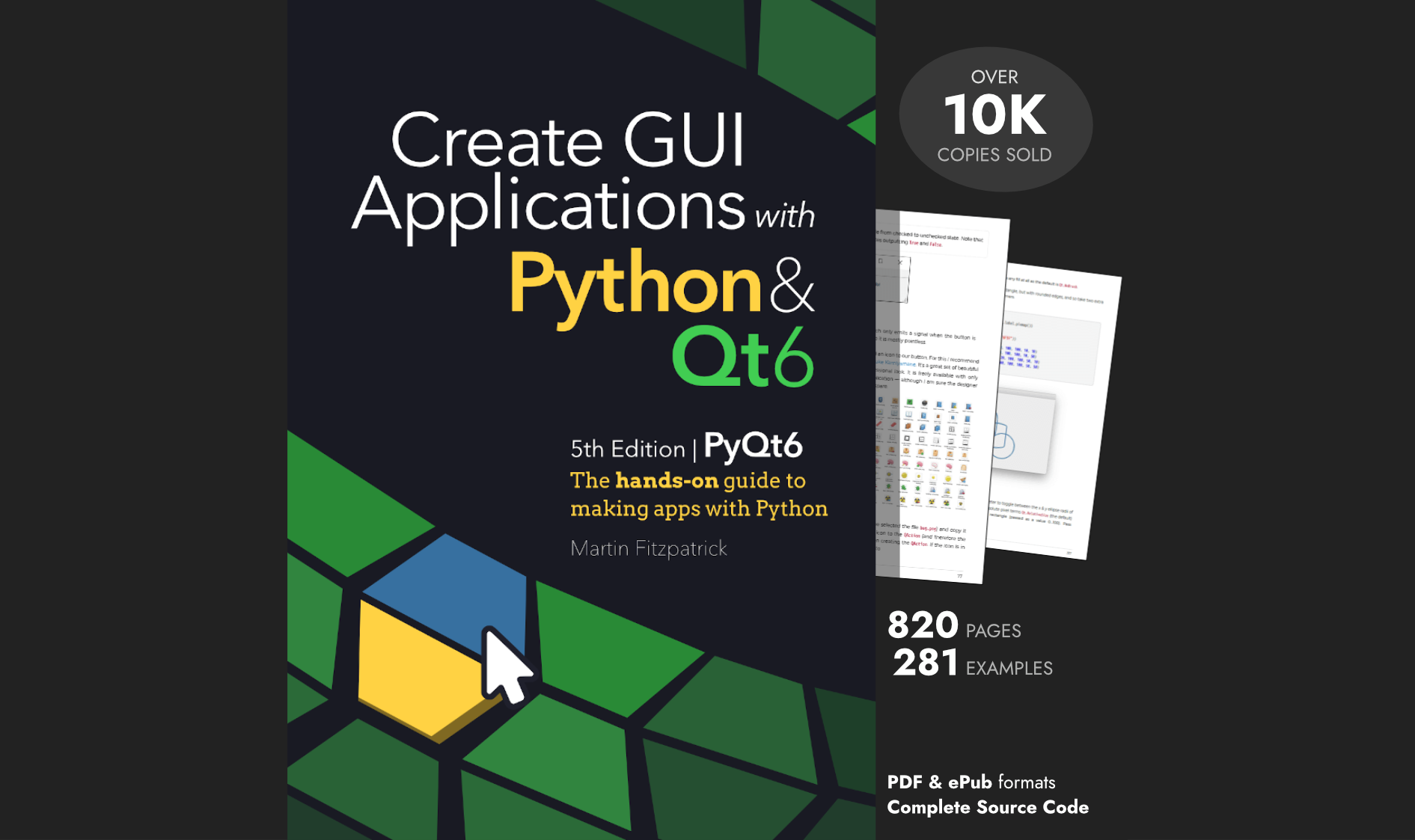Paul_B_Hermans | 2020-11-12 03:09:01 UTC | #1
I am struggling with pyqt5 and hoping someone can guide me a bit. I have a class called Student. I want to display a few QTableView (read only) with only 3 columns that shows first_name, last_name and section.
Then, when the user selects 1 or more rows in the tableview and presses a button, I want to get the Student object that was used to create that row, and then use some of its other properties to do stuff.
My problem is that I can't figure out how to get back to the actual Student object that was used to build the table. Here is some snippets of code I have.....hoping someone can clue me in.
class Student:
def __init__(self, section, last_name, first_name, email, sn_folder):
self.section = section
self.last_name = last_name
self.first_name = first_name
self.email = email
self.SN_Folder = sn_folder
def __str__(self):
return self.full_name()
def __repr__(self):
return self.__str__()
def full_name(self):
return self.last_name + ", " + self.first_name
class StudentTableModel(QtCore.QAbstractTableModel):
# students is a list of Student objects.
def __init__(self, students=None, parent=None):
super().__init__(parent)
if students is None:
self.students = []
else:
self.students = students
def rowCount(self, index=QtCore.QModelIndex()):
""" Returns the number of rows the model holds. """
return len(self.students)
def columnCount(self, index=QtCore.QModelIndex()):
""" Returns the number of columns the model holds. """
return 5
def data(self, index, role=QtCore.Qt.DisplayRole):
""" Depending on the index and role given, return data. If not
returning data, return None (PySide equivalent of QT's
"invalid QVariant").
"""
if not index.isValid():
return None
if not 0 <= index.row() < len(self.students):
return None
if role == QtCore.Qt.DisplayRole:
last_name = self.students[index.row()].last_name
first_name = self.students[index.row()].first_name
section = self.students[index.row()].section
email = self.students[index.row()].email
sn_folder = self.students[index.row()].SN_Folder
if index.column() == 0:
return last_name
elif index.column() == 1:
return first_name
elif index.column() == 2:
return section
elif index.column() == 3:
return email
elif index.column() == 4:
return sn_folder
return None
then in my mainwindow I have a method for the button being clicked:
def go_clicked(self):
# Get a list of Student Objects ( was used to build the table)
students = self.selected_course().students
# Get selected row indices from the tableview
row_indexes=[]
for row in self.tblStudents2.selectionModel().selectedRows():
row_indexes.append(row.row())
# Attempt to retrieve the actual Student Object that corresponds to the row in the table
# - this is wrong but it illustrates the idea. It works if I don't allow table to be sorted.
for index in row_indexes:
student = students[index]
print(student)
Thanks in advance for any help you can provide!

